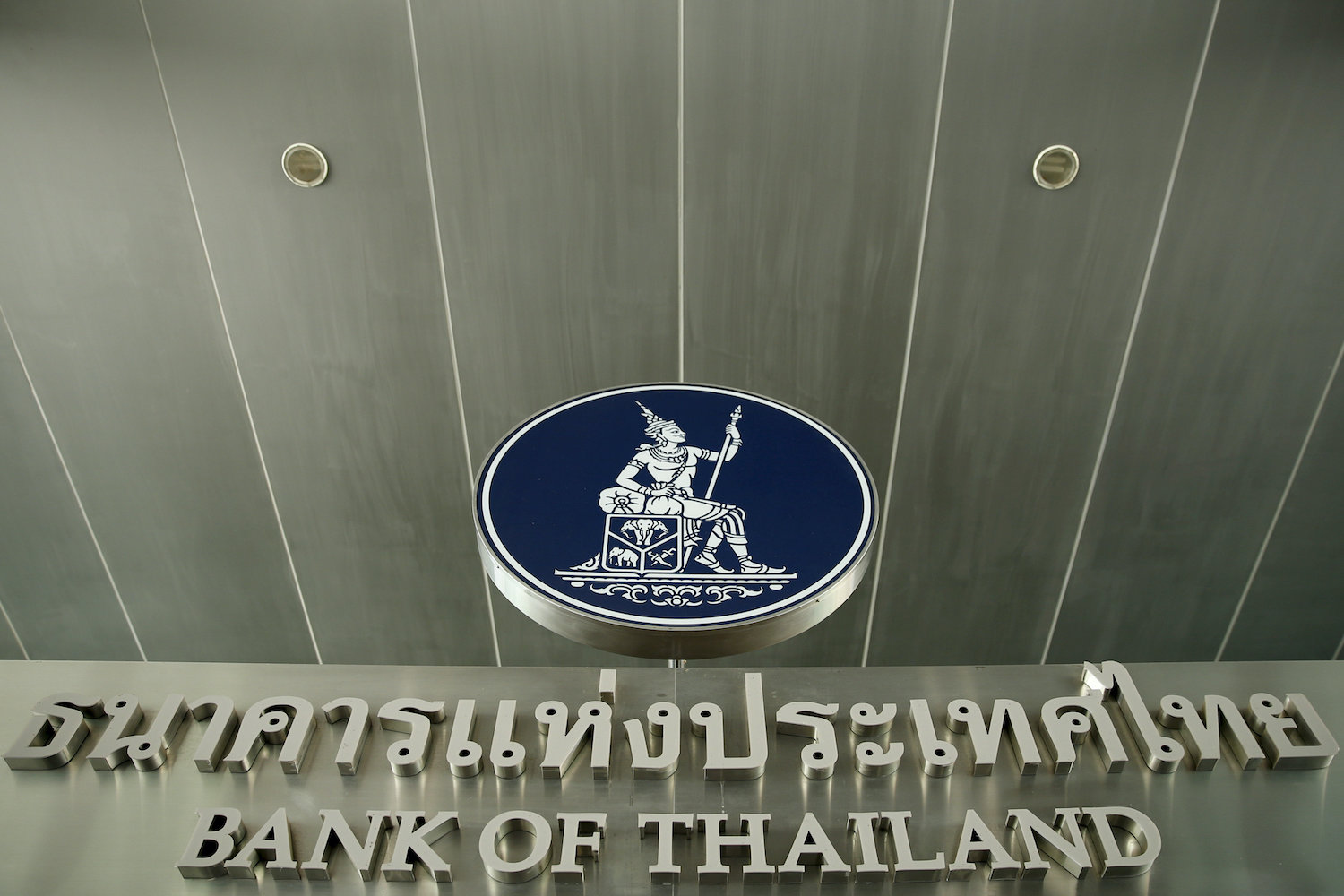
The Bank of Thailand has eased some foreign-exchange rules as part of a previously announced plan to temper the strength of the baht.
The threshold for proceeds that do not need to be repatriated rises to US$1 million from the current $200,000, effective from March 2, the central bank said in a statement on Friday.
The relaxation includes “not only export proceeds but also other income as well”, it said.
Exporters with proceeds equal to or above the new threshold can use them to offset foreign-currency expenses, without having to repatriate the funds, the central bank said.
It added that these steps will help firms cut fund transfer costs and manage foreign-exchange risk, while also promoting balance in capital flows and reducing pressure on the baht.
The strength of the baht last year hurt the local economy — which relies on exports and tourism — and officials struggled to restrain the appreciation. The picture in 2020 is very different, with the currency weakening about 5% against the dollar due to the coronavirus outbreak. That has made it the weakest over the period in an Asian basket tracked by Bloomberg.
“In terms of sentiment, I don’t think the timing is right,” said Jitipol Puksamatanan, the head of markets strategy at SCB Securities in Bangkok. “Because right now, the export sector is facing the coronavirus crisis and may not hold any cash in foreign currency.”
He added that the relaxation would have a “very small impact” as most large companies have treasury centres for currency management.
Bank of Thailand Governor Veerathai Santiprabhob said in a January interview — before the virus crisis flared — that the central bank would take further steps to ease restrictions on capital outflows in an effort to curb gains in the baht.
Aside from raising the repatriation threshold, he also flagged two other steps:
In the first half of the year, the BoT would liberalise the foreign-currency deposit account framework so individuals and local companies could keep foreign currency in Thailand. It would also relax rules so that insurance companies can invest abroad more easily.
The central bank's Monetary Policy Committee said earlier this month that it remained concerned “the baht might not be consistent with economic fundamentals” and encouraged the central bank to consider additional measures to spur capital outflows.